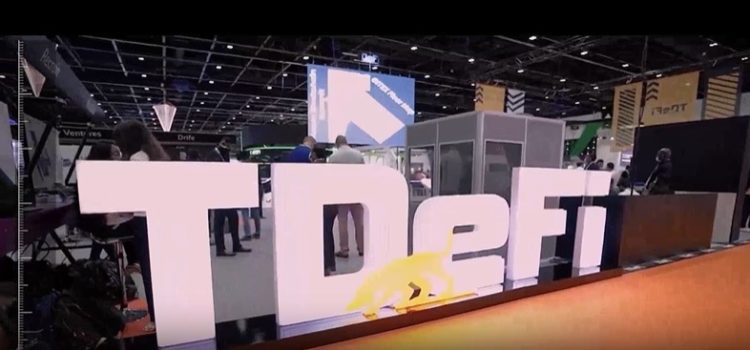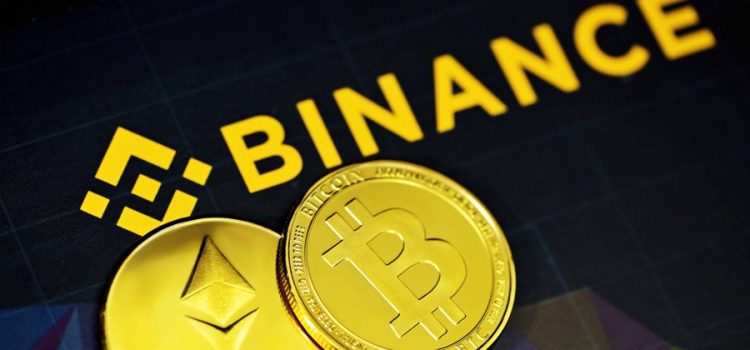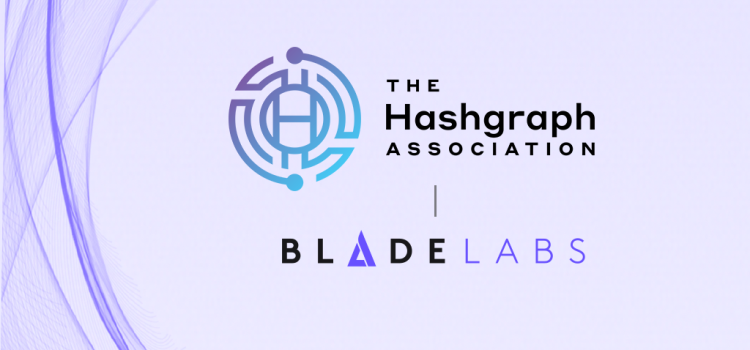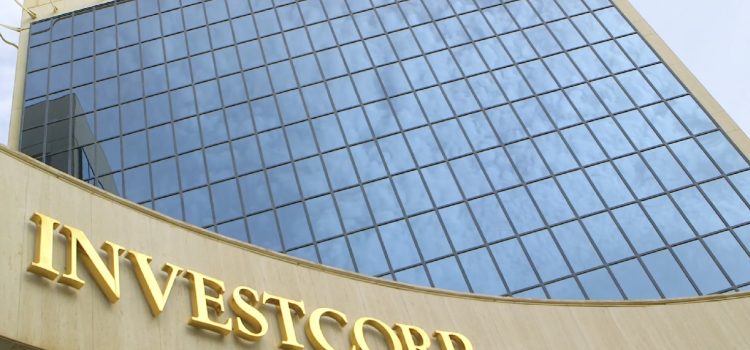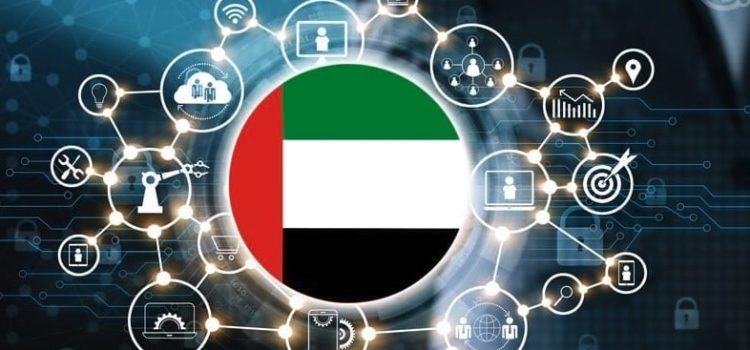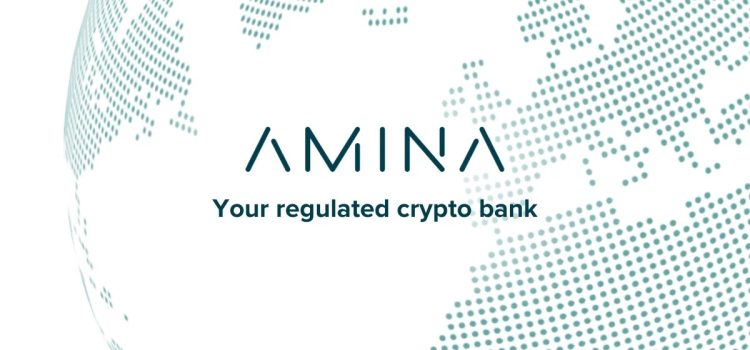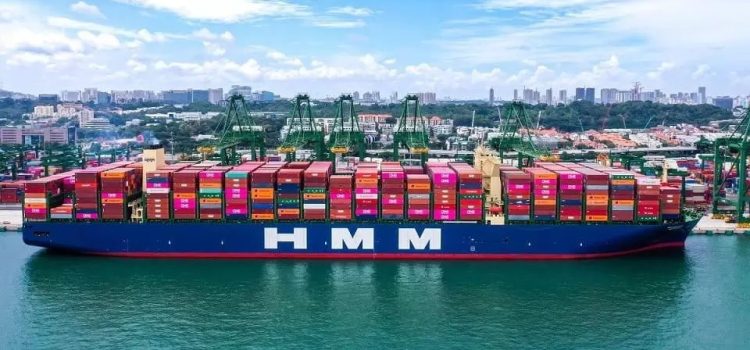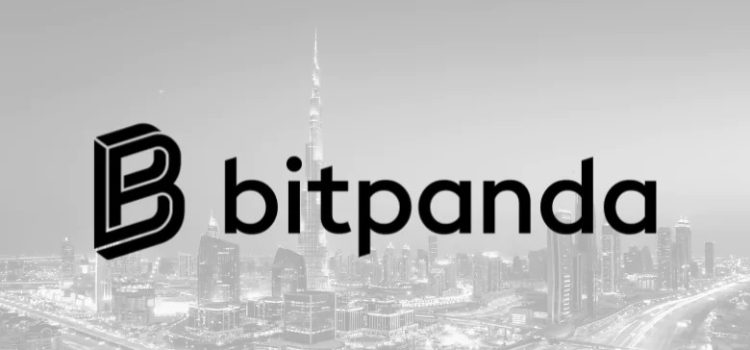UAE Stablecoin Payment Token Services Regulation came out laying down the rules and conditions by the Central Bank of UAE for licenses pertaining to payment tokens, not allowing algorithmic tokens to be included and only allowing foreign stablecoins to be used to purchase virtual assets.
The Central Bank of the UAE defined Payment Token Services as being digital payment services in the UAE comprising of three categories, namely Payment Token Issuance, Payment Token Conversion and Payment Token Custody and Transfer.
The Central Bank Law provides the statutory basis for the powers of the Central Bank in relation to the licensing and ongoing supervision of Licensed Payment Token Service Providers, and related matters.
As per the UAE Central Bank payment tokens are virtual assets which purport to maintain a stable value referencing the value of the same fiat currency as the payment token is denominate in or another payment token also denominated in the same fiat currency.
In short the Central Bank of UAE placed limitation on the services that could be utilized by Foreign Payment tokens and their acceptance as a means of payment. It also prohibited the issuance, promotion and performance of Algorithmic stablecoins, privacy tokens and other means of payment which are not UAE Dirham payment tokens or foreign payment tokens.
All stablecoin payments have to be carried out through a licensed payment token service provider, or a registered foreign payment token issuer (registered in a free zone) or a registered foreign payment token custodian and transferer or registered payment conversion provider.
The AED Stablecoin versus the foreign stablecoin
The UAE Central Bank made a clear distinction between the Dirham Payment token which can be issued by licensed payment token issuers used for any lawful purpose, and the foreign payment token issued by a Registered Foreign Payment Token Issuer which can only be used as a means of payment for purchasing virtual assets or derivatives of virtual assets.
As per the regulation, “ A Foreign Payment Token Registree may only initiate, facilitate, effect or direct a Payment Token Transfer as part of its Payment Token Service in the UAE if the transfer is of a Foreign Payment Token being used (or sold for use) as a means of payment for purchase of Virtual Assets or derivatives of Virtual Assets.”
While a a Licensed Payment Token Issuer may only issue Dirham Payment Tokens to Persons resident in the UAE. No Merchant or other Person in the UAE selling goods or services during the course of business may accept a Virtual Asset towards payment for that sale unless that Virtual Asset is a Dirham Payment Token issued by a Licensed Payment Token Issuer being used as a Means of Payment.
In short only two forms of stablecoins can be used, the UAE Dirham stablecoin for payments within the UAE, and a foreign stablecoin which can only be used to purchase a virtual asset or its derivative.
The Role of Banks
As per the Central Bank, a Bank may not act as a Payment Token Issuer, but they can create a subsidiary or affiliate which can perform this activity. In addition crypto exchange platforms, can receive a non-objection registration to perform payment token conversions
While both a bank or exchange house may apply for a Non-Objection Registration in order to perform Dirham Payment Token Conversion.
A Person who is licensed by SCA or any Local Licensing Authority as a Virtual Assets Service Provider to provide custody services for Virtual Assets, may apply for a Non-Objection Registration to perform Payment Token Custody and Transfer of Foreign Payment Tokens.
Who can issue Foreign stablecoins
Any entity or person incorporated outside the UAE, such as a financial zone can apply to be a foreign payment token issuer. They will need to hold a reserve of the same value as the total value of Foreign Payment Tokens which that Foreign Payment Token Registree has issued, and denominated in the same currency as that of the Foreign Payment Tokens which that Foreign Payment Token Registree has issued.
Central Bank limits
The regulation allows the Central Bank to put limits on the total volume or value of Payment Tokens which a Dirham Payment Token issuer may sell or transfer, or restrict the sale or transfer of further payment tokens by that payment token issuer.
The Central Bank can also limit the total volume or value of Payment Tokens which a Foreign Payment Token Issuer may sell or transfer to Persons in the UAE, or restrict the sale or transfer of further Payment Tokens by that Payment Token Issuer to Persons in the UAE.
In addition, the Central Bank can limit the total number of customers, or restrict the onboarding of new Customers, to which a Dirham Payment Token Issuer may sell or transfer its Payment Tokens; and even a foreign payment token issuer.
The Central Bank can limit total number of Customers in the UAE, or restrict the on-boarding of new Customers in the UAE, to which a Foreign Payment Token Issuer may sell or transfer its Payment Tokens;
The Central Bank can also limit the total volume or value of Payment Tokens which a Payment Token Conversion Provider may buy, sell or admit to trading on its platform; and the total number of Customers to which a Payment Token Conversion Provider or Payment Token Custodian and Transferor may provide services, or the on-boarding of new Customers by that Payment Token Conversion Provider or Payment Token Custodian and Transferor.
Conclusion
So while the UAE Central Bank has finally come out with its stablecoin and payment token regulations, it has placed alot of limits trying to keep the effect of non dirham stablecoins minimum on its economy. One can only wonder, what will the difference be between the AED stablecoin and the UAE CBDC that they are also working on.









